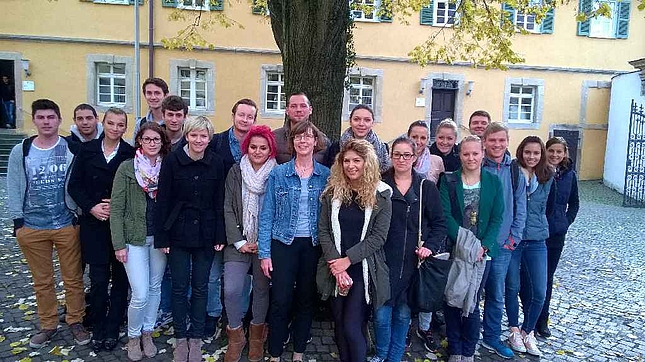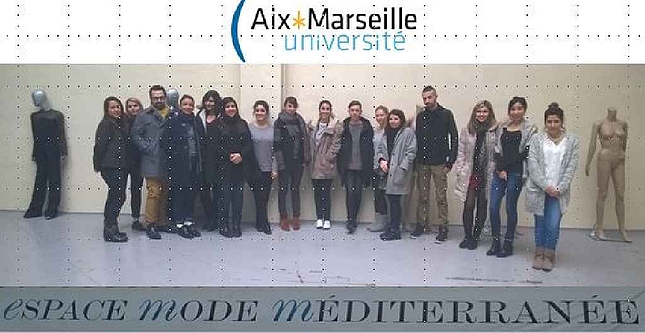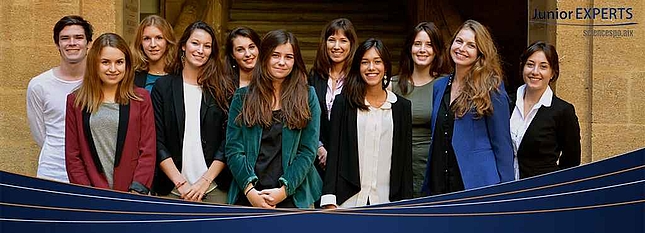Research across countries
The Green Packaging research project was carried out in several countries:
USA:
More than 600 online interviews were conducted in the US from September to November 2014. Together with our partner University California State University Fullerton we accomplished this effort.
Germany:
In WS 14/15 the class „International Marketing Research“ conducted face to face interviews, carried out online interviews, moderated focus group discussions, carried out content analyses, and did observations. The objective was to research green attitudes and behaviors and in particular what consumers think green packaging is and how they determine whether the packaging is green.
The results are important for manufacturers of packaged goods and for all industries involved in the value chain like retailers, manufacturers of packaging material, suppliers of packaging material and manufacturers of packaging machines.
The research was conducted here in Germany from November to December 2014.
South Africa:
In South Africa qualitative research was conducted: observation on environmentally friendly packaged products in supermarkets and expert interviews with representatives from several industries.
France:
Data collection with face to face interviews and online interviews was carried out in collaboration with our partner university Aix-Marseille Université in Southern France.
23 students of the "Master des Métiers de la Mode et du Textile" carried out face to face and primarily online interviews in France from March to May 2015.
Target groups for the online questionnaire were staff and professors in the department of business and economics (FEG) at Aix-Marseille Université, researchers at CRETLOG, a university research laboratory in Management Science and memebers of CAFAP, a business organization that fosters the collaboration between France and Germany in Provence (France).
Junior Experts Science Po Aix interviewed 200 persons of the target group face to face.
Mexico:
We carried out the survey in Mexico together with our partner university Universidad di Panamericana in Guadalajara (Mexico).
South Korea:
We collected data in South Korea together with our partner Kyonggi University . Both face-to-face interviews and online interviews were used.
Australia:
In March 2015 face-to-face interviews were conducted in Australia. In August online interviews followed in collaboration with our partner University of the Sunshine Coast.
Sweden:
During summer 2015 several online interviews were done in Sweden in collaboration with our partner Linnaeus University.
English
The questionnaire was developed by an American-German team of professors in English language. The questionnaire was translated from the English version to other languages. For Australia wording, spelling and grammar were adapted. For Sweden the Australian version of the questionnaire was used but not translated into Swedish since the level of English is quite high.
German
The English questionnaire was translated into German by NGU students supervised by an NGU professor who are all native speakers of German. The back translation method was used. One person translated the questionnaire from English into German and then another person translated from German back into English. The two English versions were compared and as soon as there were differences the German translation was revised. Thus misunderstandings and incorrect translations can be reduced.
French
The English questionnaire was translated into French by two native speakers of French who are students from our partner university in France. The two students translated the questionnaire independently from each other (parallel translation). A French professor compared the resulting French questionnaires and revised the translation in case of differences. Thus errors and misunderstandings could be reduced.
Spanish
The English questionnaire was translated into Spanish by two native speakers of Spanish, one of them being Mexican and one of them being Spanish. They are both business students from our partner universities in Mexico and Spain respectively. The two students translated the questionnaire independently from each other (parallel translation). A Mexican professor being a native speaker of Spanish compared the resulting Spanish questionnaires and revised the translation in case of differences. Thus errors and misunderstandings could be reduced.
Korean
The Australian version of the questionnaire was translated by Professor Sung-Ho Choi into Korean considering the fact that the Korean alphabet is very different from the alphabet in English. He revised the questionnaire a couple of times after a pilot survey and consultations with two professors at environment engineering department in and outside KGU.
Research Team Data Analyses and Publications
The research team in the marketing research process of analyzing the data and preparing reports and publications consists of professors from our university, a research assistant who works exclusivley for the Green Pacikaging project, students who write their final theses and student assistants.
Professors
Dr. Iris Ramme managed the collaboration between the partners and carried out the surveys in Germany and in France. Together with the research assistant Christoph Beuthner and Dr. Carsten Herbes she worked on the data analyses and the publications. All three supervised several theses of our students who focussed their final paper on green packaging topics.
Research Assistant

Christoph Beuthner worked as a research assistant on the Green Packaging project.
Publications
1. Herbes, C.; Beuthner, C.; Ramme, I.: Wie Verbraucher Umweltfreundlichkeit beurteilen – Ergebnisse einer internationalen Studie über Konsumentenpräferenzen im Vergleich, in: Kunststoff 09/2018, S. 16-19.
2. Herbes, C.; Beuthner, C.; Ramme, I.: How Consumers Evaluate Environmental Friendliness - Results of an International Comparative Study on Consumer Preferences, in: Kunststoffe international 2018/09, pp. 6-10.
3. Herbes, C.; Beuthner, C.; Ramme, I.: Consumer attitudes towards biobased packaging – A cross-cultural comparative study. In: Journal of Cleaner Production, Volume 194, 2018, pp. 203-218
4. Beuthner, C.; Friedrich, M.; Herbes, C.; Ramme, I.: Examining survey response styles in cross-cultural marketing research: A comparison between Mexican and South Korean respondents, in: International Journal of Market Research, Vol. 60, 3/2018, pp. 1-11; journals.sagepub.com/doi/full/10.1177/1470785318762015
5. Ramme, I.; Granitz, N.; Thomas, S.; Choi, S.-H.; Corona Cabrera, V.: Eco-Friendly Behavior – A Comparison of Five Countries. Conference Proceedings IBEC 2016, papers.ssrn.com/sol3/papers.cfm, January 17th, 2016.
6. Ramme, I.; Heimann, R. Green packaging from a company’s perspective: Determining factors for packaging solutions in the German fruit juice industry. MPRA Paper No. 65632, July 2015, mpra.ub.uni-muenchen.de/65632.
Authors of Bachelor or Master Theses
Finished in 2015
Severine Rückert: Green Packaging - Consumer Preferences in South Africa
Ruth Heimann: Green Packaging from a Company's Perspective: Determining Factors for Packaging Solutions in the German Fruit Juice Industry
Finished in 2016
Theresa Gärtner: The Struggle with Recycling and Container Deposit Systems in Australia – Results from a Consumer Survey on Green Packaging
Caroline Kortry: Konsumentenbefragung zu Green Packaging – Eine Analyse nach dem erweiterten Theory of Planned Behavior-Modell
Patrick Gäbisch: Öko-Hype – Chance oder Gefahr für die Umwelt – Ergebnisse einer Konsumentenbefragung
Svenja Kindler: Marktauswahl und Marktpotentialabschätzung für rein-batteriebetriebene Elektrofahrzeuge deutscher Automobilhersteller auf Basis einer internationalen Studie
Melanie Bauer: Cultural Differences of Consumers in six Countries – Analyses Based on Hofstede’s Cultural Dimension Theory
Maximilian Meisel: Green Packaging in South Korea and the opportunities of Geeman companies to succeed with innovative and sustainably packed cosmetics
Maren Friedrich: Examining Survey Response Styles in Cross-cultural Marketing Research: A Comparison between Mexican and South Korean Respondents of an International Consumer Study
Marina Iossifidou: Equivalence in International Marketing Research Using the Example of an International Consumer Study
Alone in the EU 250 million tons of waste are produced by households in 2010. That is almost half a ton per person. One third of household waste is bio waste that could be used for composting or for producing biogas if collected separately.
Reasons for an even increasing amount of waste is a better standard of living that allows us to use products to buy more conveniences goods or products with a shorter life cycle, often driven by advancements in technology. Smaller households produce more waste per person than lager households. This is also a trend being responsible for more waste. (Information taken from the European Commission "Being wise with waste: the EU’s approach to waste management" published in 2010)
Packaging waste is one issue that should be dealt with in this scenario of increasing costs for waste management and threats for our environment. Green packaging could therefore be an answer to solve some of the problems the modern society has with waste.
According to the study "World Green Packaging" the world demand for green packaging will increase by more than five percent per year to more than 200 billion dollars in 2015. Green packaging or environmentally friendly packaging encompasses packaging that is recycled, reusable and degradable. Packaging made from recycled material has the highest importance but the slowest growth rate due to the maturity of packaging like metal cans or glass bottles. Higher growth rates are expected in reusable and especially in degradable packaging.
There is a need to understand how attitudes affect enviro-conscious - or green - behavior, particularly, with regards to enviro-conscious packaging. According to the “Theory of Planned Behavior” developed by Fishbein and Ajzen, a person’s actual behavior is directly influenced by his or her behavioral intention which is influenced by and jointly determined by attitude, subjective norms and perceived behavioral control.
This approach was used to develop a questionnaire that is administered in several countries. An important part of the questionnaire are questions regarding culture. For measuring the influence of culture we used the Hofstede questions. The questionnaire also contains demographic variables since there could be an influence on the relevant variables.
This research has a clear practical objective: Companies along the value chain of packaging need to understand consumers' willingness to buy green so that they can adapt their offers. Governments and non-profit organizations want to know where to start when a greener environment is pursued. Last but not least certifying organizations want to know what is important in the consumer's eye.
For the quantitative part of the Green Packaging Project, face to-face-interviews and online interviews were used. The questionnaire was developed in English and translated to four further languages. All in all we could collect data from more than 3,000 respondents.
For the qualitative part of the project expert interviews were carried out with representatives of the juice industry with juice being a typcial packaged product.
Research Team Preparation and Data Collection
The research team for the marketing research processes of preparing the study and collecting the data consists of professors from several universities, interviewers, translators and desk researchers.
Professors
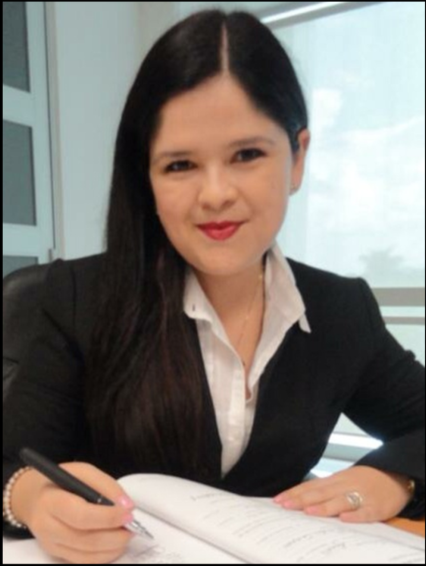
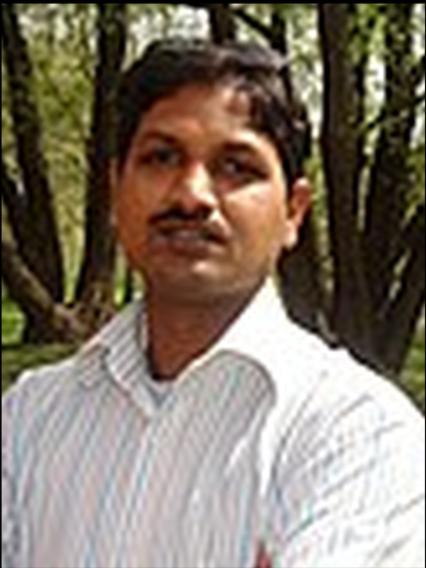
Dr. Iris Ramme from Nuertingen-Geislingen University manages the collaboration between the partners and carries out the surveys in Germany and in France.
Together with Dr. Neil Granitz she developed the questionnaire and together with Dr. Sunil Thomas she worked on the research model and the analyses. Dr. Neil Granitz and Dr. Sunil Thomas are both Marketing professors at California State University, and did the survey in the US.
Dr. Meredith Lawley is a Professor of Marketing at the University of the Sunshine Coast (USC) in Australia and carried out the research in the Eastern part of Australia.
Dr. Sung-Ho Choi from Kyonggi University in Korea collected the data in Korea. He is a professor of Economics.
Luis Rubén Chávez Díaz, Héctor Xavier Ramírez Pérez and Violeta Corona Cabrera are professors at Universidad di Panamericana in Mexico. Luis Rubén Chávez Díaz is the Chair of the Marketing Department whereas Héctor Xavier Ramírez Pérez is a Professor of Management and Associate Dean of the School of Management. Violeta Corona Cabrera is a Professor of Marketing and Market Research with a research focus on competitive marketing strategies and marketing metrics. They did the research in Mexico.
Krushna Mahapatra is an Associate Professor and Senior Lecturer in the Department of Built Environment and Energy Technology at Linnaeus University, our partner university in Växjö, Sweden. Krushna Mahapatra has a PhD in the ecotechnology and environmental science discipline. His main research area is implementation of renewable energy technologies and energy efficiency measures in the built environment. He has broad experience of using survey techniques to investigate attitudes and perceptions towards heating systems, energy efficiency measures and intensive forest management practices in Sweden.
Interviewers
In Germany, France, Mexico, South Korea, and the US most of the interviews with consumers were carried out by students of a marketing class.
In France a considerable part of the face to face interviews was carried out by Junior Experts Science Po Aix, a student consulting organization.
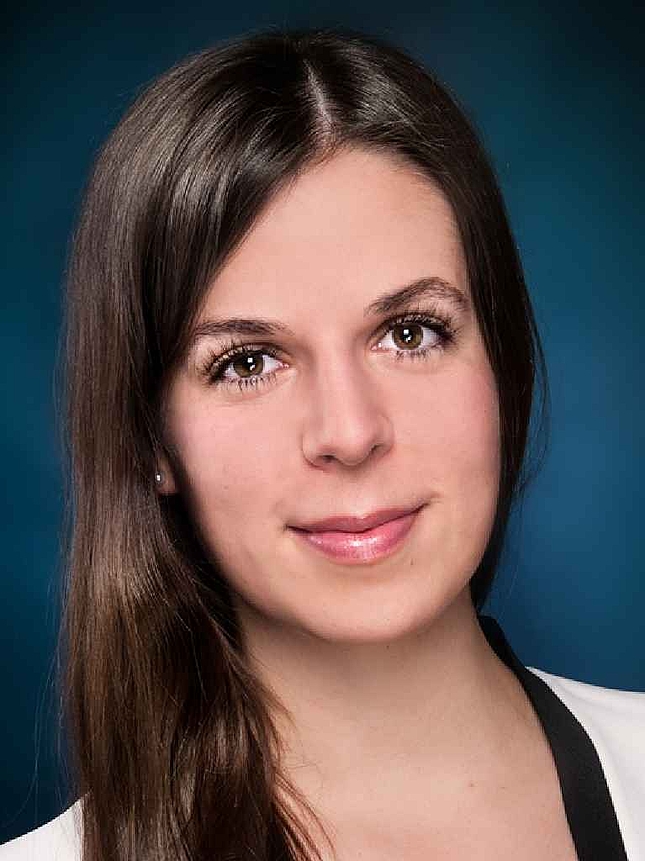
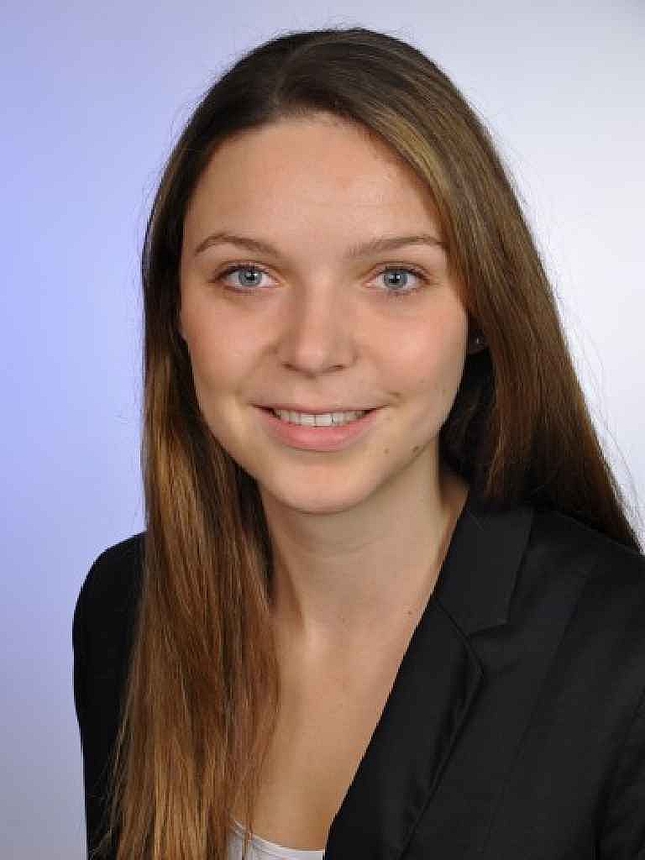
In Germany additional interviews were done by Theresa Gärtner who also interviewed consumers in the Western part of Australia.
Ruth Heimann interviewed experts from the juice industry in Germany in order to get insights into the issues and problems of manufacturers of packaged goods. The juice industry was selected since there are various packaging options and because the customers are very diverse: from LOHAS consumers with very distinctive green attitudes to smart shoppers who are always looking for the best buy.
Translators
The original questionnaire that was created in English was translated into the German language by a team of German students in the Marketing class.
Translation into Spanish was conducted by Ximena Delgado Escamilla from Mexico and by Fernando Rodriguez Fernandez from Spain, both business students and native speakers of Spanish.
Two business students from France, both native speakers of French, translated the questionnaire from English to French: Raphaël Jorge Do Marco and Quentin Coulpin.
Desk Researchers

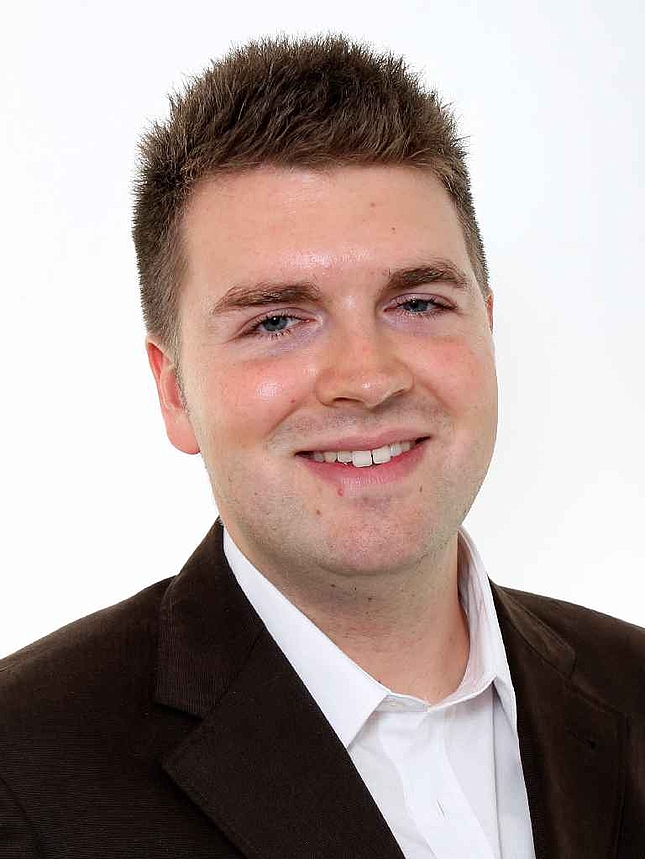
Carmen Schnabel supported the team with setting up a Citavi literature database and providing us with books and articles from the library. She helped with keeping track of the various versions of the questionnaire and documented its development. Nikolai Gerlach analyzed the open ended questions with MAXQDA and updated the literature database.

